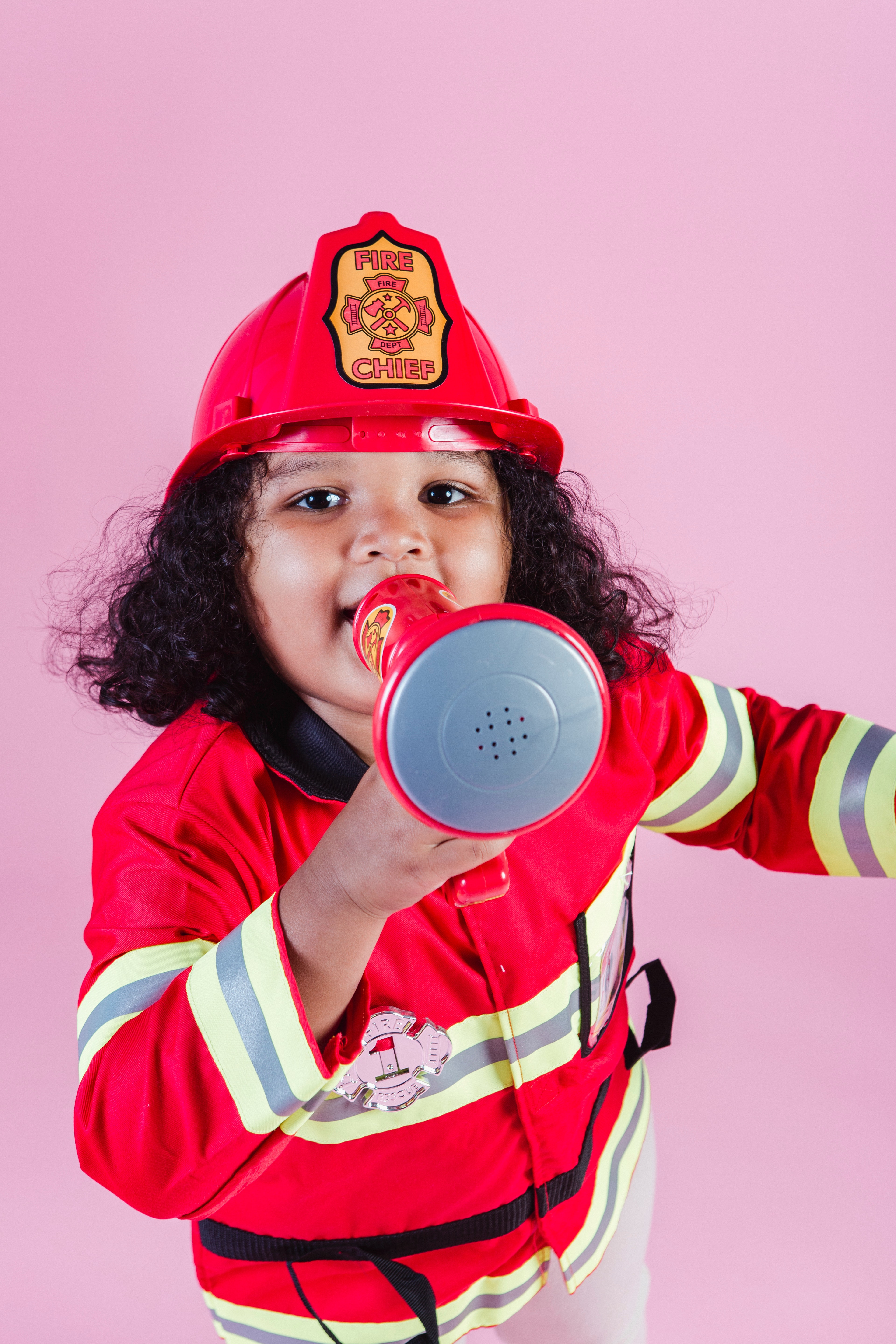Activities That Can Improve Expressive Language Skills!

Communication is a very important skill for every individual. Broadly speaking, communication skills are divided into 2: receptive and expressive language. Receptive is how information (gestures, sentences, words, or writing) can be received. Expressive is how messages or information (gestures, sentences, words, or writing) can be conveyed. These two communication skills need to be built from a young age so that individuals can have good communication.
Expressive language It is important to build it from an early age so that children can express what they feel. In addition, by being able to express it to other people, good communication will be established so as to minimize misunderstandings. Parents can do play activities with their children to improve their child's expressive language child. When playing, children will feel pleasure while learning. Almost all the toys in the house can be used to train expressive language children. The following are play activities that parents can do to train their children's expressive language:
1. Wordless book
Books have many benefits, especially in the development of children's language. You can use storybooks that are at home. For example, a book without text only contains pictures. This book is great for developing children's imagination and expressiveness. You can use your time to look at the book together, you can develop language skills by asking questions in the book. Like “what is this?” "Who is he?" "What color?" You can also expand on your child's answer such as "yes, that's right, it's a cat, the black cat is climbing a tree". While reading, you can also develop children's language by adding labels and comments about what is in the book.
2. Simple textbook
In addition to books without pictures, books with simple text are also very good for building children's expressive language skills. We can do the same thing when reading books with children. But for this textbook, we can ask children open questions. Asking open questions will bring up a more varied answer. For example “what is that person doing?” "How does he feel?" "What do you think the story is?" Avoid asking questions with one-word answers.
3. Play with Playdough
Playdough can be used as a medium for developing children's language and imagination. We can create Playdough as freely as possible. We can create playdough shapes into animal shapes, fruit, and so on. You can provide rollers, molds, and cutters, or any tools that can help children make playdough shapes. Let your child express what they want to make. Indirectly, playdough becomes their expressive medium. In playing, we also use this opportunity for children to express and ask for something. Like “I want…. “ and “I need….”
4. Bubble
Almost all children like to play with bubbles. Bubbles are a great tool to use with young children. When playing with bubbles, we can develop children's expressive language by taking turns. On this occasion, you can also teach your child to say "it's my turn" or make him ask you to blow more bubbles "more…..."
5. Animal Toys
Playing with animal toys is also good for the development of children's imagination and expressive language. You can use animal toys for pretend play. You can use this opportunity for them to ask “I want this animal…: or “bring me this animal…” Then you can ask open-ended questions like “what are you making?” or “Tell me what the animals are doing”. Apart from that, you can also insert lessons about animal sounds to make the playing session more enjoyable.
6. Set trains and toy cars
Vehicle toys can also be used the same way animal toys are used. For car or train games you can teach adjectives such as up, down, fast, and slow. You can make your child ask "drive the car faster" and so on. Sometimes car and train games are also equipped with tracks that can add to the excitement of playing. You can also take advantage of this opportunity for them to ask "pair the rails" or "get ready... start!"
7. Dress up play
Dress Up play or dress-up games are included in pretend play. When playing this game, children will use their imagination and express it through the clothes they want to wear. You can ask your child to express what they would like to wear or what they would like you to wear. Ask open-ended or imaginative questions like, "Where should we go now that we've all dressed up?" or "Who are we?"
8. Cooking Play!
Cooking games are also pretend games. Your child can pretend to be cooking or serving you food. Have them ask what you would like to eat, or reveal what they cooked and how, and who they served it to. Apart from that, you can also add other characters using dolls. Invite the children to feed the doll and say, “Feed the doll” or “Doll wants to eat an apple.” You can also pose as a customer who likes or dislikes their food in a playful tone.
Those are just a few examples of play activities that can be done to improve children's expressive language skills. Actually, we can take advantage of all activities to learn with children. Gradually it will develop its abilities! Hope this article helps!
By Salsabilatuzzahra Jaha S.Psi from the BehaviorPALS Center
source: : A Parent Handbook by CPAS (Cerebral Palsy Alliance Singapore) Speech and Language Pathology Department.
https://cpas.org.sg/wp-content/uploads/2020/11/SLPbook_60ppA5_SPREAD_FALr.pdf
language, verbal, skills, speech, children
Baby 6 Months - 18 Months / Bayi 6 - 18 Bulan / Psychological Development / Tumbuh Kembang Psikologis / Education / Pendidikan / Activities That Can Improve Expressive Language Skills!
Comments













